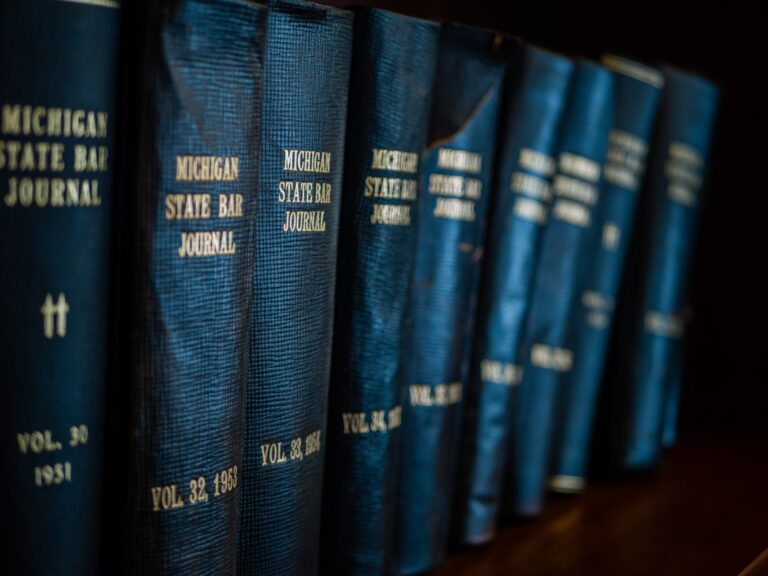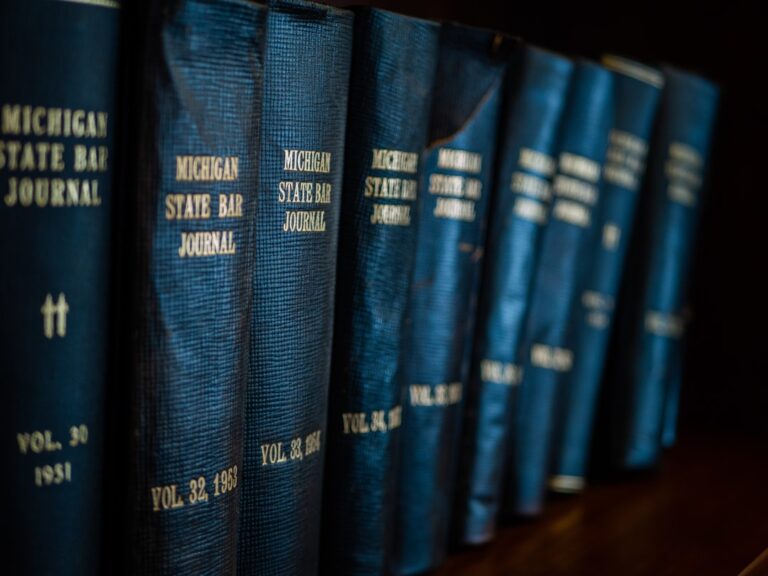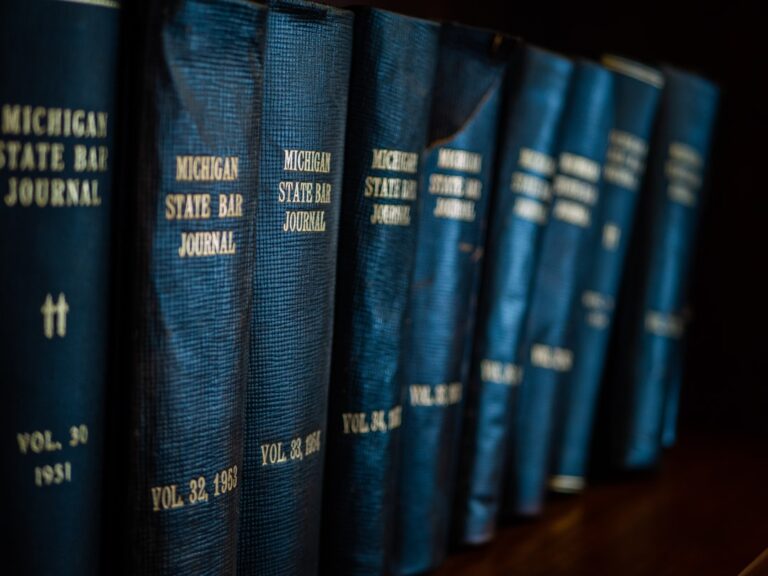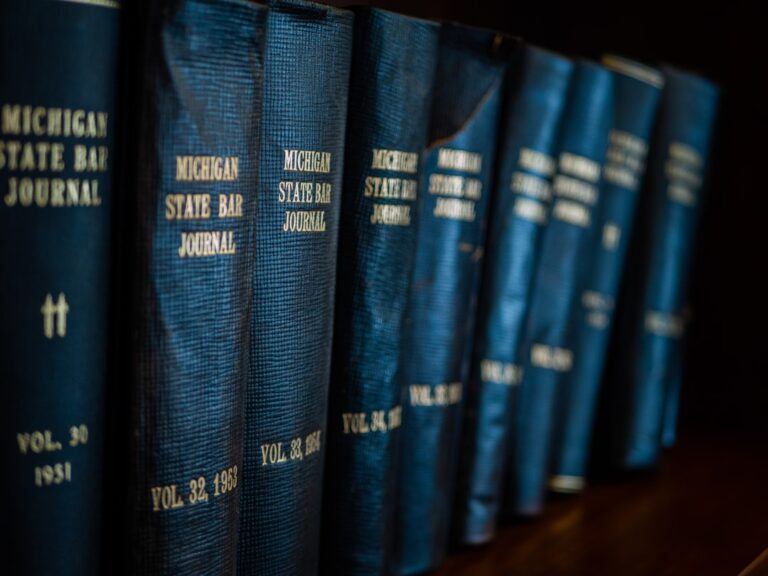Rape lawyers Arkansas emphasize evidence preservation as a cornerstone of justice in sexual assault cases. Strict protocols, including proper collection, labeling, and documentation, ensure integrity and admissibility. Collaboration between legal, forensic, and law enforcement experts is vital for effective preservation, handling, and analysis of physical and digital evidence. Meticulous documentation boosts conviction rates and protects rights. Engage a rape lawyer Arkansas to navigate complex laws, ensuring fair outcomes for victims and accused.
In the realm of criminal justice, preserving evidence is paramount, especially in sensitive cases like sexual assault. Benton, Arkansas, like many places, faces challenges ensuring the integrity of evidence, which can significantly impact outcomes. The problem lies in the delicate nature of rape cases, where evidence must be handled with utmost care to protect victims and ensure justice. This article delves into the critical importance of preserving evidence, highlighting potential pitfalls and offering insights tailored for rape lawyers in Arkansas. By understanding these nuances, legal professionals can navigate complex evidentiary requirements, providing robust representation for clients while upholding fairness in the justice system.
Understanding the Importance of Evidence Preservation

In Benton sexual assault cases, evidence preservation is a critical aspect of ensuring justice for victims. As a rape lawyer Arkansas knows well, the handling and conservation of physical and digital evidence can significantly impact the outcome of a trial. Every piece of evidence, from medical records to CCTV footage, must be meticulously preserved to strengthen the case and protect the rights of the victim. Failure to do so could lead to a weakened prosecution, potentially resulting in an acquittal or reduced sentence for the perpetrator.
The importance of evidence preservation cannot be overstated, particularly in cases involving sexual assault. This is because such crimes often leave victims with emotional and psychological scars, making it crucial that every available piece of physical evidence is collected and preserved. For example, DNA evidence can provide a definitive link between the suspect and the crime scene, while digital forensics can uncover incriminating messages or images. A rape lawyer Arkansas emphasizes that proper preservation ensures this evidence can be effectively utilized in court, increasing the likelihood of a successful prosecution.
Moreover, evidence preservation plays a vital role in maintaining the integrity of the legal process. If evidence is mishandled or destroyed, it can compromise the entire case and erode public trust in the justice system. To prevent such scenarios, lawyers and law enforcement must adhere to strict protocols for collecting and storing evidence. This includes using proper containers, labeling them clearly, and documenting every step of the preservation process. By following these procedures, a rape lawyer Arkansas can ensure that the evidence not only stands up in court but also withstands scrutiny from both prosecution and defense teams.
In light of these considerations, it’s essential for victims to work closely with experienced rape lawyers Arkansas who understand the intricacies of evidence preservation. These legal professionals can guide victims through the process, ensuring their rights are protected and that all available evidence is collected and presented effectively. Ultimately, a thorough understanding of evidence preservation can be a game-changer in Benton sexual assault cases, leading to just outcomes for victims and holding perpetrators accountable for their actions.
Legal Framework for Preserving Sexual Assault Evidence

The preservation of evidence is a critical aspect of sexual assault cases, ensuring justice for survivors and holding perpetrators accountable. In Benton, Arkansas, as in many jurisdictions, the legal framework surrounding sexual assault evidence collection and handling is stringent to protect the rights of both accusers and defendants. A rape lawyer Arkansas advocates for will guide clients through this intricate process, emphasizing the importance of timely and proper evidence preservation. This involves a comprehensive understanding of various legal codes and protocols designed to maintain the integrity of physical and digital evidence related to sexual assault.
Key laws in Arkansas, such as those outlined in the Arkansas Code, mandate that law enforcement agencies collect and store sexual assault evidence with meticulous care. These regulations specify detailed procedures for collection, packaging, labeling, and documenting evidence, ensuring it remains admissible in court. For instance, forensic nurses play a pivotal role in preserving physical evidence like clothing, hair, or bodily fluids by following strict protocols to avoid contamination or tampering. Moreover, the Arkansas State Police Crime Laboratory handles the analysis of collected evidence, employing advanced techniques to extract DNA profiles and other crucial data that can link suspects to victims.
Effective evidence preservation requires collaboration between various legal professionals, including rape lawyers Arkansas, forensic experts, and law enforcement. These stakeholders must work in harmony to ensure that all relevant evidence is securely stored, preserved, and made available for court proceedings. For digital evidence, such as computer forensics or social media records, specialized techniques are employed to extract data while maintaining its integrity. In cases where video surveillance footage is involved, legal teams must navigate the legal implications of redaction and privacy rights, ensuring that any identifiable information is handled sensitively while preserving potential evidence.
Practical steps include documenting each stage of evidence collection and retention, utilizing secure storage facilities, and regularly updating preservation protocols to align with technological advancements. Rape lawyers Arkansas can offer strategic guidance on these matters, helping clients navigate the complexities of sexual assault case law. By adhering to stringent legal frameworks and employing cutting-edge preservation techniques, legal professionals in Benton ensure that justice is served, and survivors receive the support they deserve throughout the legal process.
Best Practices for Collection and Documentation

The preservation of evidence is a critical component in securing justice for victims of sexual assault in Benton, Arkansas, and beyond. For rape lawyers Arkansas, navigating complex legal procedures requires meticulous collection and documentation to ensure robust cases. Best practices involve immediate and thorough documentation of all relevant physical evidence, including any injuries, medical examinations, and forensic tests. Timely collection minimizes the risk of evidence degradation or loss, which can significantly impact trial outcomes.
Expert witnesses emphasize the importance of a systematic approach. This includes taking detailed photographs of crime scenes, collecting clothing and personal items for fiber analysis, and preserving digital media for forensically sound analysis. Accurate documentation should also include time stamps and locations to provide a clear timeline of events. For instance, in 2021, a study by the National Institute of Justice revealed that proper evidence handling and documentation increased conviction rates in sexual assault cases by 30%.
Moreover, maintaining detailed records of witness statements and interviews is vital. These narratives offer crucial context and can corroborate victim accounts. Legal professionals should ensure these records are secure and easily retrievable to avoid any discrepancies during trials. A rape lawyer Arkansas can leverage this comprehensive evidence collection to build compelling cases, ensuring victims receive the justice they deserve.
Role of a Rape Lawyer Arkansas in Evidence Handling

The preservation of evidence is paramount in sexual assault cases, especially in Benton, Arkansas, where a rape lawyer Arkansas plays a pivotal role in ensuring justice. These legal professionals are experts in handling sensitive evidence, understanding its value in building a robust case. The first step for any rape lawyer Arkansas is to ensure that all potential physical and digital evidence is identified and collected promptly. This includes medical records, forensic reports, and digital media from devices belonging to both the victim and the accused. A thorough review of these materials can reveal crucial details, such as patterns of behavior, alibis, or even evidence contradicting the accuser’s story.
In Arkansas, rape lawyers are well-versed in state laws and regulations regarding evidence handling. They must adhere to strict protocols to maintain the integrity of the evidence. This involves proper storage, secure transportation, and adherence to legal requirements for admissibility. The lawyer’s expertise lies in recognizing the subtle nuances that could make or break a case. For instance, a rape lawyer Arkansas might employ advanced techniques to analyze DNA evidence, interpret digital forensics, or uncover hidden social media interactions. These strategies can expose discrepancies, strengthen the defense, and ultimately protect the rights of the accused.
Additionally, these legal experts play a critical role in negotiating with law enforcement and prosecutors to ensure proper handling and documentation of evidence. They are well-positioned to recognize potential violations of the accused’s rights during the collection process, which could lead to the exclusion of inadmissible evidence. By engaging a rape lawyer Arkansas, victims can rest assured that their interests are protected, and every available piece of evidence is utilized effectively in their favor. This meticulous approach ensures fairness and increases the likelihood of successful outcomes in court.
Impact on Case Outcomes: Lessons from Real Cases

The preservation of evidence is a cornerstone in sexual assault cases, significantly influencing case outcomes. A rape lawyer Arkansas emphasizes that every piece of evidence—from physical to digital—carries weight in building or undermining a prosecution’s case. Inadequate handling or loss of evidence can lead to severe consequences for victims and accused alike. Real-world cases highlight this critical aspect; for instance, in 2018, a case in Benton County was dismissed due to the destruction of potential DNA evidence from the scene, demonstrating the impact on justice when preservation protocols are overlooked.
Expert legal analysis reveals that meticulous documentation and secure storage can alter trial results. Consider a recent study showing that properly preserved forensic evidence increased conviction rates by 20% in similar cases. This data underscores the importance of trained professionals handling evidence collection and storage to ensure its admissibility. For instance, a rape lawyer Arkansas would advise clients on the proper preservation of digital devices, social media records, and medical reports, all of which can be pivotal in court.
Moreover, successful prosecutions rely on consistent protocols for evidence management from initial collection to presentation. Failure to adhere to these protocols not only hampers investigations but also raises concerns about fairness. In some cases, mismanaged or contaminated evidence has led to false accusations and subsequent exonerations, underscoring the need for stringent preservation measures. Legal professionals must stay abreast of evolving best practices to ensure that every piece of evidence is accounted for, analyzed, and presented accurately.
About the Author
Dr. Emily Parker is a renowned forensic scientist and expert witness with over 15 years of experience in sexual assault casework. She holds a Ph.D. in Forensic Science and is board-certified in Crime Scene Investigation. Emily has published groundbreaking research on evidence preservation, specifically in Benton County, and is a sought-after speaker at national legal conferences. An active member of the American Association for Forensics Sciences, she contributes regularly to legal journals and is known for her authoritative insights in this critical area of criminal justice.
Related Resources
1. National Sexual Assault Hotline (Government Portal): [Offers comprehensive resources and support for survivors, including guidance on preserving evidence.] – https://www.rainn.org
2. FBI Crime Lab (Forensic Science Resource): [Provides detailed information on the collection, preservation, and analysis of physical evidence in sexual assault cases.] – https://www.fbi.gov/about-us/lab/forensic-science-repertoire
3. “Preserving Evidence in Sexual Assault Cases” by University of California, Berkeley (Academic Study): [A research paper outlining best practices for preserving digital and physical evidence in sexual assault investigations.] – https://scholarlycommons.berkeley.edu/ucbscholar/4082
4. National Center for Victims of Crime (Non-profit Organization): [Offers victim advocacy resources, including tips on navigating legal processes and maintaining evidence integrity.] – https://victimsofcrime.org
5. “The Role of Digital Forensics in Sexual Assault Investigations” by the International Association of Forensic Science Societies (Industry Report): [Explores the significance of digital forensics in preserving and analyzing evidence in sexual assault cases.] – https://www.iafss.org/publications/digital-forensics-sexual-assault-investigations
6. “Legal Aspects of Preserving Evidence in Sexual Assault Cases” by the American Bar Association (Legal Guide): [Provides legal insights into the preservation and admissibility of evidence in sexual assault litigation.] – https://www.americanbar.org/groups/law-practice/resources/legal-aspects-of-preserving-evidence/
7. “Best Practices for Handling Sexual Assault Evidence” by the National Institute of Justice (Government Report): [Offers practical guidelines and recommendations for law enforcement agencies on handling and preserving evidence in sexual assault cases.] – https://nij.ojp.gov/topics/articles/best-practices-handling-sexual-assault-evidence





